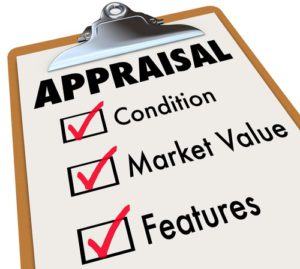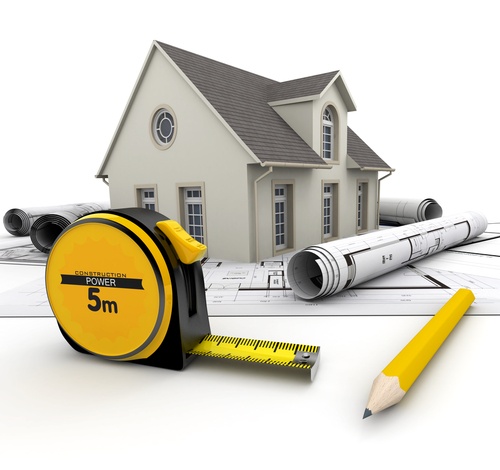Selling During the Holidays

Are you selling your home during the holiday season? While putting your home on the market right now may have you feeling like Scrooge, it can actually be a great time to sell. The trick is to put yourself in the right frame of mind and to understand how to use the holiday season to your advantage. Here’s what you need to know about selling your home over the holidays.
Use holiday decorations wisely
One of the best reasons to sell during the holiday season is that you can capitalize on the cozy feeling that the holidays inspire. You can use tasteful holiday decorations on both the inside and the outside of your home to make it feel both warm and inviting. The key is to use these kinds of decorations in moderation. For the outside, stick to basics like potted poinsettias and a simple evergreen wreath for the door. On the inside, choose general winter decorations like pinecones and candles. A few decorations placed strategically throughout your home will create that feeling of coziness you desire.
Lighting is key
Now that Daylight Saving has arrived, it’s more important than ever to consider lighting when selling your home. Make sure that all the interior lights in your home are working and turn them on during a showing – even during the day. Open all the curtains and let in as much natural light as possible. You can even use a few strands of twinkle lights as part of your holiday décor. Outside, be sure that people have plenty of light to see driveways and sidewalks and that your front porch light adequately lights up the outside.
Take great photos
As the weather turns colder, more and more buyers will be conducting their home searches online. For this reason, you should take great photos of your house for your listing. The photos will give buyers their first impression of your home. Make sure they represent your home in the best possible light so that buyers are motivated to see your property in person. If possible, hire a professional to take top-quality photos. And if you have any great photos from the spring and summer when trees and flowers are in full bloom, even better.
Price it right
One of the most important things you can do when selling your home during the holidays is to price it right. Homes that are priced too high will sit on the market for weeks or months, making them much less attractive to potential buyers. One way to avoid this problem is to price your home correctly from the beginning. You might also consider offering other incentives such as paying towards repairs or closing costs.
Work with a professional
Finally, if you’re selling your home over the holidays, then it’s best to work with a professional real estate agent. Working with an agent who is an expert in your market will make the process much less stressful. They can advise you on critical issues such as price, and help shoulder the load so that you can enjoy the holiday season, too!
Compliments of Virtual Results




 Every home sale will include a
Every home sale will include a  Making an offer on a house can be a very exciting – and very nerve-wracking – experience. Finding a home you love can be a challenging process. Waiting to hear back about your offer can have you on pins and needles. This is the point in the home-buying process where things get serious and the exchange of paperwork starts to escalate. In order to keep your cool during this wild ride, it’s helpful to know what to expect.
Making an offer on a house can be a very exciting – and very nerve-wracking – experience. Finding a home you love can be a challenging process. Waiting to hear back about your offer can have you on pins and needles. This is the point in the home-buying process where things get serious and the exchange of paperwork starts to escalate. In order to keep your cool during this wild ride, it’s helpful to know what to expect.
 When you’re buying or selling a home, getting
When you’re buying or selling a home, getting  With the temperature dropping, you may be wondering how to save on your heating bill over the next few months. Nobody wants to spend too much on their energy costs, especially with the holidays around the corner. If you want to keep your home toasty warm without emptying your wallet this winter, then follow these simple tips. We recommend you to
With the temperature dropping, you may be wondering how to save on your heating bill over the next few months. Nobody wants to spend too much on their energy costs, especially with the holidays around the corner. If you want to keep your home toasty warm without emptying your wallet this winter, then follow these simple tips. We recommend you to 





 Catch Our Feed
Catch Our Feed Subscribe via Email
Subscribe via Email Follow Our Tweets
Follow Our Tweets Friend Us On Facebook
Friend Us On Facebook Watch Us On Youtube
Watch Us On Youtube